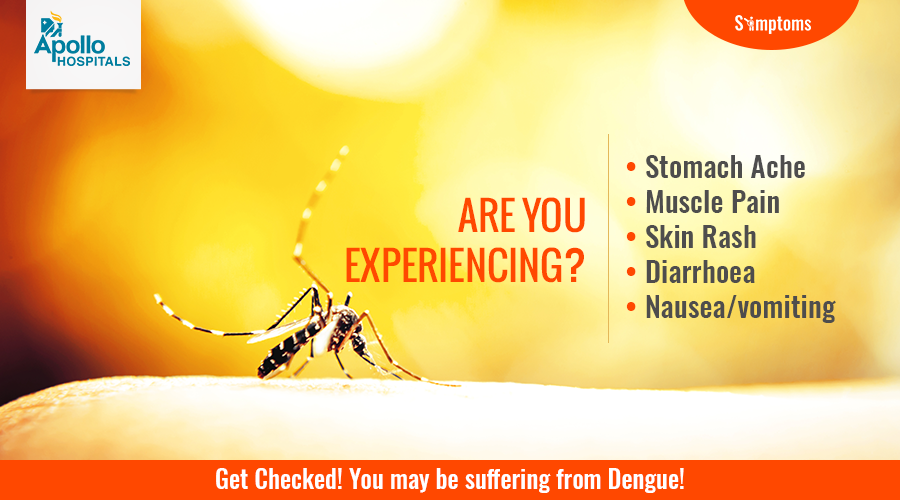Recently, with the first few spells of rainfall this year in Hyderabad, a rise in the cases of dengue fever has been reported. Most of the cases are being reported from Hyderabad, Medchal, and the Ranga Reddy district. According to the stats from Telangana, the total number of cases has already touched 900 this year. If we are to combat this disease effectively and keep it at bay, it is very important to know everything there is to know about dengue fever.
What is Dengue Fever?
Dengue fever is a viral infection that is carried by the Aedes mosquito. This is a disease that can be caused by any one of the four related dengue viruses. Often, dengue is also known as the break-bone fever because it affects the muscles and bones of the patient severely, causing a pain that feels almost like the breaking of bones. This disease affects people in many countries across the world, especially in South-East Asia, India, China, Africa, and Central America.
What Causes Dengue Fever?
Dengue fever is caused by one of the four viruses, DEN-1, DEN-2, DEN-3, or DEN-4. A patient can only be infected once by a single type of virus. However, they can get infected by at least two if not all four at once.
Transmission of the Virus
The transmission of the dengue virus takes place through an infected Aedes mosquito. This infection cannot spread from person to person. It only spreads when an Aedes mosquito bites an infected person and then bites someone else.
Symptoms of Dengue

The symptoms that a person shows depend on the age of the person. However, usually, the symptoms start with a high fever within 4-7 days of being bitten by an infected mosquito. The common symptoms of classic dengue include:
- Severe joint and muscle pain
- High fever up to 105 F
- Pain behind the eyes
- Severe headaches
- The entire body gets covered in red rashes
- Diarrhoea, nausea, and vomiting
In some cases, the disease may be mild, and these symptoms may not show up in a patient at all.
When young children are infected with dengue, they often have a fever with rashes, whereas other symptoms may be minor. These symptoms may also occur due to other issues. If you have been to a place that has been affected by dengue, you should consult with a doctor at the earliest.
Dengue fever can sometimes also develop into a potentially fatal illness. The symptoms of dengue haemorrhagic fever include all the symptoms of classic dengue as well as the bleeding of the nose, gums, or under the skin, which is an outcome of damaged blood vessels. This form of the disease should not be neglected as it can be fatal.
Preventing Dengue
The best way to avoid dengue is to actively take steps to avoid mosquito bites. This includes wearing light-coloured clothes that are loose and cover a maximum part of your body. Another fact is that the Aedes mosquito bites during the daytime and the late afternoons before it gets dark. Some other precautions that you can take to prevent dengue include:
- Use insect repellents
- Make sure water is not stagnating in your area
- Wear full-sleeved clothes
- Keep your windows closed to prevent mosquitoes from entering
- Inspect your surroundings regularly for areas with stagnating water
Know more about these infectious disease & treatment, click here to visit the website.


